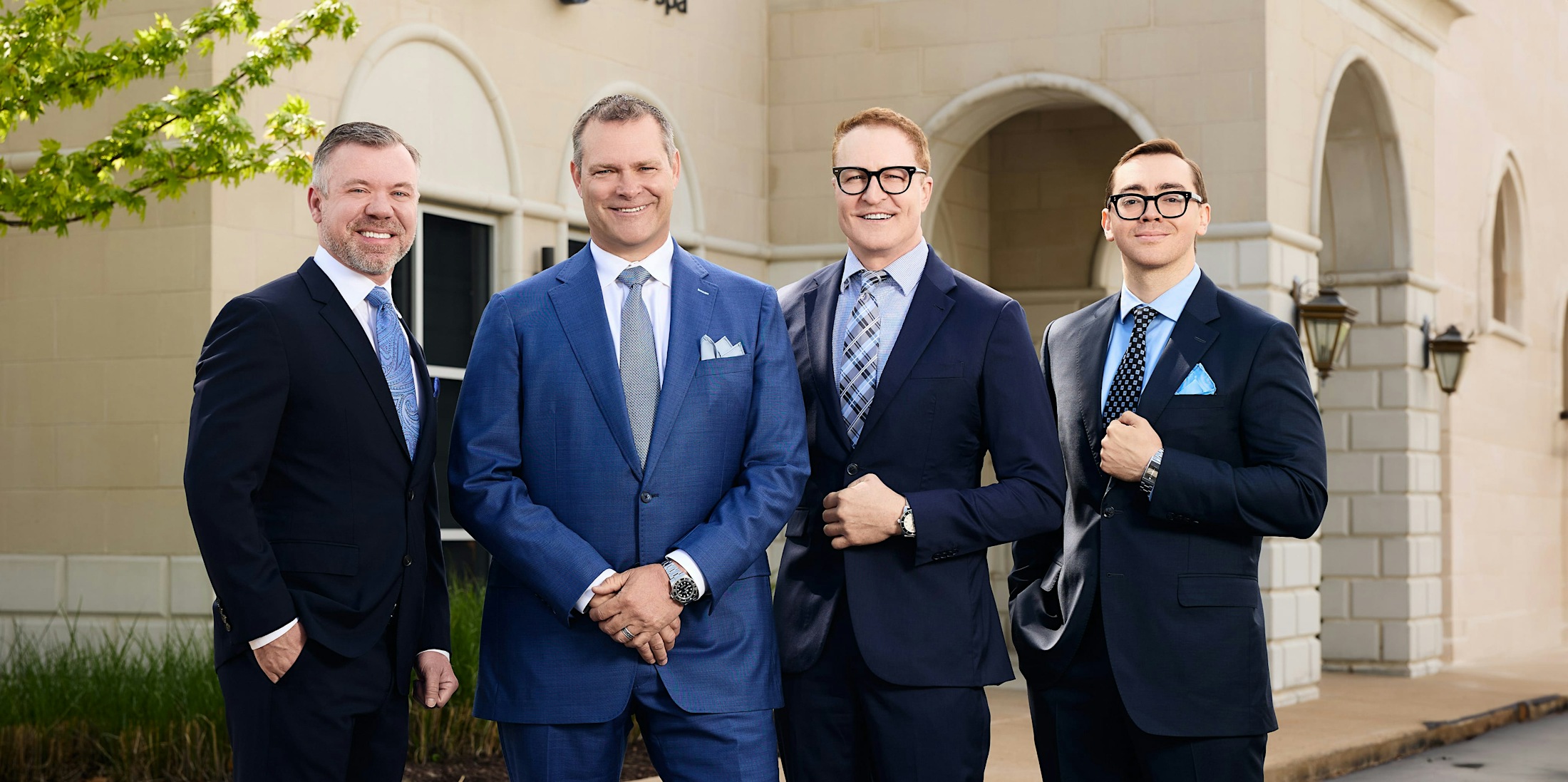It’s that time of year again. Time to get out your pink and show your support for breast cancer awareness. For over 30 years now, the month of October has been all about bringing this all-too-common disease to the forefront. But there’s still so much work to be done. That’s why we’re taking a closer look at breast cancer and what you can do about it.
Be Aware of What You’re Up Against
Chances are that you or someone you know has suffered from breast cancer. One in eight women in the United States will be diagnosed with breast cancer during her lifetime. It’s also the second leading cause of cancer-related deaths among women. This year alone, more than 252,700 new cases of breast cancer will be diagnosed in the U.S. and more than 40,500 people will die from this disease. That works out to one breast cancer diagnosis every two minutes and one death from it every 13 minutes.
Be Aware of How to Detect Breast Cancer
Those numbers can be a little scary, but it’s not all doom and gloom. That’s because even though breast cancer is the most prevalent type of cancer in women, there’s something you can do about it. But the key to successful treatment is early detection. While breast cancer cannot yet be prevented, discovering it early can make all the difference. Many of breast cancer’s symptoms can’t be noticed without a professional screening, like a mammogram or ultrasound. However, there are some signs that can be felt or seen when regularly checking up on your own breast health, including:
- A lump or thickening in or near the breast or in the underarm area.
- A change in the size or shape of the breast.
- Dimpling or puckering in the skin of the breast.
- A nipple turned inward into the breast.
- A fluid discharge from the nipple.
- Scaly, red, or swollen skin on the breast, nipple, or areola.
- Other changes or unusual developments.
If you do find a lump, schedule an appointment with your doctor immediately. But above all, don’t panic! Most lumps turn out to be non-cancerous. In fact, according to the National Breast Cancer Foundation, four out of five lumps are benign.
Be Aware of When to Check for Breast Cancer
You should be conducting a self-exam on a regular basis. It’s recommended that you do this every single month, and it’s best to perform it seven to ten days after your menstrual cycle. That’s when the breasts are the least tender and lumpy. You should also schedule a visit to the doctor once a year for a clinical breast check. In addition, women aged 40 and older are recommended to go in for a yearly mammogram. The bottom line is the more proactive you are in screening for breast cancer, the more likely you are to catch it early on.
Be Aware of the Effects of Breast Implants
Breast implants may not make you more susceptible to breast cancer, but they can change how you approach screening and detecting a potential threat. Your regular mammogram can be slightly more complicated after breast augmentation. Depending on the placement, a breast implant may actually have the effect of obscuring x-ray images, making it more challenging to determine if any cancer is present.
Be Aware of Your Breast Reconstruction Options
If you have been diagnosed with breast cancer, we are very proud to offer breast reconstruction surgery. We here at Renaissance Plastic Surgery understand how important it can be to restore a woman’s femininity to her figure following a procedure like a mastectomy or lumpectomy. Every case is unique and we are pleased to provide a personalized approach to best suit your reconstruction needs. Our most frequent reconstruction method is with tissue expansion. This procedure involves the expansion of the tissues on and around the breast area using a temporary expander. Once your skin over the breast area is stretched enough, the expander will be removed and an implant will be set in its place.
Be Aware of How to Get Involved
Besides being diligent in your own quest to keep breast cancer at bay, there are so many other ways to contribute to the cause. You can help out right here in your own backyard by connecting with the Karen Weidinger Foundation. Karen’s Foundation works to improve breast cancer awareness, early detection, and support for those who’ve been diagnosed with this disease. They especially focus on helping women who may be facing financial obstacles during diagnosis and treatment. It’s our great honor to partner with Karen’s Foundation each October, as well as sponsoring their walk every Mother’s Day.
You can also donate to organizations like the National Breast Cancer Foundation or the Susan G. Komen foundation. These groups are hard at work every day to better understand breast cancer and how to treat it. They also provide services like mammograms and support for those who may be struggling to find adequate medical resources.
You can also help to raise awareness by sharing your breast cancer story with friends and loved ones. This can have a powerful impact not only in person, but also on social media sites like Facebook, Instagram, or whichever is your preferred online outlet. And there are so many ways to be actively get involved in the local community, like participating in walks, runs, and events to show your support.
Breast Cancer Awareness Month in St. Louis
If you’d like to learn more about breast reconstruction surgery or helping us raise awareness this October, please don’t hesitate to give us a call at 636.896.0600 or fill out our online contact form to schedule a consultation at Renaissance Plastic Surgery today.


